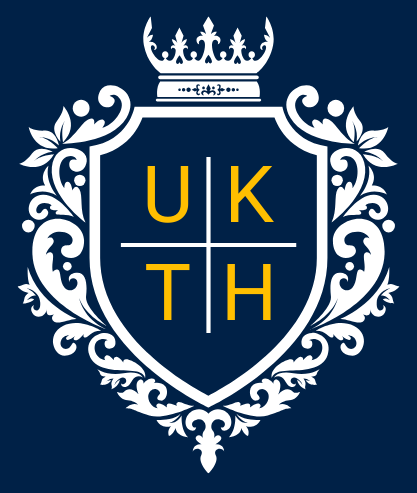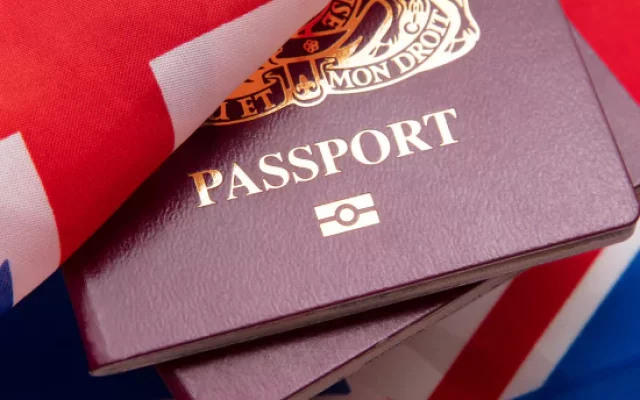Students From India
April 13, 2024 2024-05-31 16:55Students From India
Country Specific
Before proceeding, we strongly recommend reviewing the guidelines on qualifications from your home country that are recognised as equivalent in the UK. The information provided below serves as a reference for selected countries commonly represented among prospective PGCE applicants and students at UK Training Hub.

Students From India
Navigating Your PGCE Journey from India to the UK
Embarking on a PGCE in the UK as an Indian student presents a unique set of opportunities and challenges. Understanding the academic and visa requirements is your first step towards a successful application.

Visa Application:
Secure your student visa by providing proof of acceptance onto a PGCE course, evidence of financial stability, and English language proficiency, typically through IELTS or TOEFL scores.
Cultural Adaptation:
Familiarise yourself with the nuances of UK academic life and social norms. Engage with student societies, including those with a focus on Indian culture, to ease your transition.


Academic Requirements:
Indian students must ensure their qualifications align with UK standards. The All India Secondary School Examination or the Indian Certificate of Secondary Education with grades ranging from 1-4 (60-100%) are considered equivalent to GCSE grade C/4. For undergraduate degrees, a minimum of 50% is typically required, equating to a 3.3 GPA for a UK Upper Second classification.
Understanding the UK University Grading System
With the UK being a prime destination for over 452,225 international students in the academic year 2020–2021, it’s crucial to grasp the nuances of its university grading system. Ranking among the top 5 choices worldwide for undergraduate studies, the UK’s education system offers a distinctive grading scale that might differ from what international students are accustomed to.
For those aiming to pursue a PGCE, a foundational requirement includes achieving a Grade 4 (or equivalent) in GCSE English and Maths, and Science for those interested in a science-focused PGCE. Additionally, a lower second-class degree, colloquially known as a Desmond or two-two, is required. This classification signifies a C grade, awarded for achieving between 50 to 59% marks. It represents the minimum academic threshold necessary for eligibility into most graduate programs and certain employment opportunities within the UK.
The UK grading system is classified as follows:
First-class (1st)
This top grade, representing 70% and above, correlates to an A grade, denoting outstanding achievement.
Upper second-class (2.1)
Achieving between 60 to 69% places you in this category, equivalent to a B grade, reflecting above-average understanding and performance.
Lower second-class (2.2)
Marks within the 50 – 59% range result in a C grade, indicating a good grasp of the subject with some areas for improvement.
Third class (3rd)
This grade is given for scores between 40 to 49%, equivalent to a D, suggesting satisfactory knowledge but with significant scope for enhancement.


